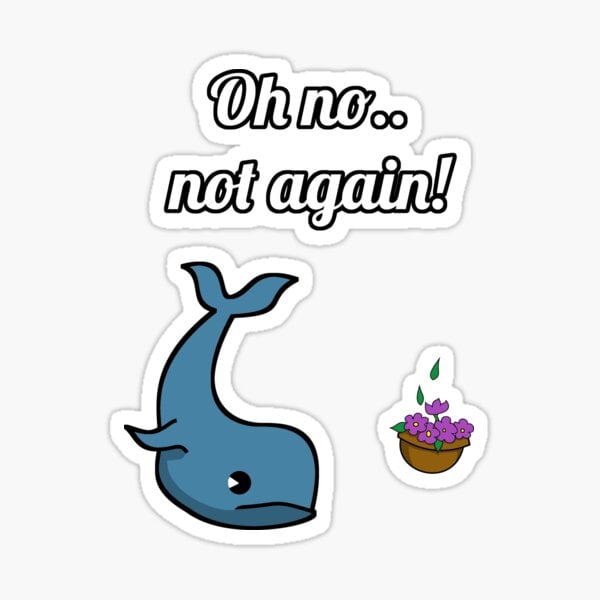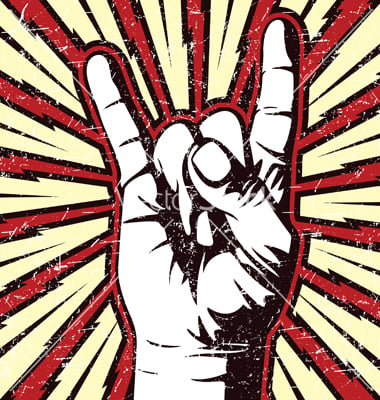I know Florida, Texas, and other counties have tried and succeeded to ban books, I wonder how that is even legal since we have the first amendment. I tried doing research on this since Huntington Beach is banning books and people were petitioning against that at the main library.
I made a little post asking people to petition on the Orange County sub.
They’re not banning you from selling, buying, owning, or reading the book, so it’s not an obvious first amendment issue.
They’re creating policies for which books various government institutions can use tax money to buy and make available.
They just happen to be targeting books that recognize the existence of minorities, which is shitty.
what’s far scarier is the revisionist history being pushed in many states and school districts.
Really just pulled from public schools and libraries.
deleted by creator
This is a school district not renting space at the school to a non-profit that intends to distribute the books. That’s a problem. The same thing happened to the after school Satan club. But framing it as “banning you from owning those books” doesn’t seem honest.
It’s plenty bad when publicly owned rental space is denied to some renters based on viewpoint discrimination. I hope they win their lawsuit. There’s no need to equate it with police raiding houses to confiscate books and arresting bookstore owners.
Yeah, this looks like a procedural issue.
I’d guess that the district was looking for a reason and found this violation of their procedures to deny the space as an excuse. There’s a chance that the lawsuit exposes some messeges or emails that reveal the true intention.
Bans often rely on the obscenity exception to the 1st Amendment:
https://constitution.findlaw.com/amendment1/first-amendment-limits--obscenity.html
SCOTUS has never given a clear, well-defined, repeatable test to say exactly what “obscenity” even means, so local jurisdictions are free to push the envelope.
If that sounds like a pile of bullshit waiting to be exploited, yes, and that’s exactly why we’re seeing this happening.
Anybody push back? Saying lgbt and civil rights stuff is not “obscenity”?
You try arguing with idiots
You should instead be trying to get rid of the ‘obscenity’ exception itself, not just work around it.
It’s not a 1A issue, though. The government isn’t restricting your ability to purchase or own the book, they’re just saying it can’t be used in schools.
I wish there was no obscenity exception. I think all media deserves to exist regardless of its obscenity as long as it’s not directly harming someone (like certain types of porn for instance)
The problem is the obscenity exception is also used for things like preventing someone from walking around a public park with a giant sign covered in gore porn. Something like that I think is obviously pretty okay to ban, but clearly it gets misused for a lot of homophobic/transphobic type stuff.
walking around a public park with a giant sign covered in gore porn
anti-abortion protesters have entered the chat
Just need to have a case for it being a political statement.
Most of these bans are not about banning those books in general, they are about not making them available in schools or public libraries. The government can decide what to promote in its own institutions. People can still get those books from elsewhere: they can buy them online or in physical bookstores.
Isn’t that kind of the problem, though? A private organization can certainly censor themselves as they see fit, but the US government should not, no?
There’s a limited amount of space for books in schools and public libraries, so they have to make some decisions what to have in them and what not.
Also I think this is mostly being done by state governments, not the US (federal) government.
In the Netherlands, only one book I know of used to be banned (maybe it still is). The publishing rights of the work in question were claimed by the state in this instance, and they refused to allow publication of the book. The book in question was the Dutch translation of Hitlers “Mein Kampf”.
The first ammendment isn’t unlimited there are a fair amount of restrictions. The ones that are allowed follow strict scrutiny, which is basically a two part test. There must be a compelling state interest, AND the law must use the least restive means possible to achieve that interest.
Most these book bans likely don’t meet that standard. They are allowed to exist because they are considered valid until ruled otherwise. To overrule these bans it would be required for someone to have standing that they are materially harmed by the ban. This is how most bans will stay, as proving someone has standing is pretty difficult in this case.
They’re also not banning the books, so there’s that. At least not in the sense that would require strict scrutiny in the situation OP is talking about.
There’s a difference between a book being
- banned from curriculum
- banned from a school library
- requiring parental / guardian permission to be checked out (usually for x rated content)
- being outright “banned”
When we talk about the legality of banning something, those laws are often on the federal level and apply to federal institutions. If an institution is state- or county-funded, they can have their own rules.
Not necessarily.
The incorporation doctrine of the 14th amendment applies the Bill of Rights to the states as well as federal government.
…No State shall make or enforce any law which shall abridge the privileges or immunities of citizens of the United States; nor shall any State deprive any person of life, liberty, or property, without due process of law; nor deny to any person within its jurisdiction the equal protection of the laws.
No right is unlimited.
As long as they don’t come for internet access, kids can get around book bans with things like Libby.
What’s that? Republicans are proposing an internet book ban bill call KOSA? Well good thing we have divided goverment. It will never pass.
Wait? Biden is supporting it? Well, that doesn’t mean… wait, Elizabeth Warren is a cosposonser? Wtf?
They didn’t ban books. That’s just fake news.








